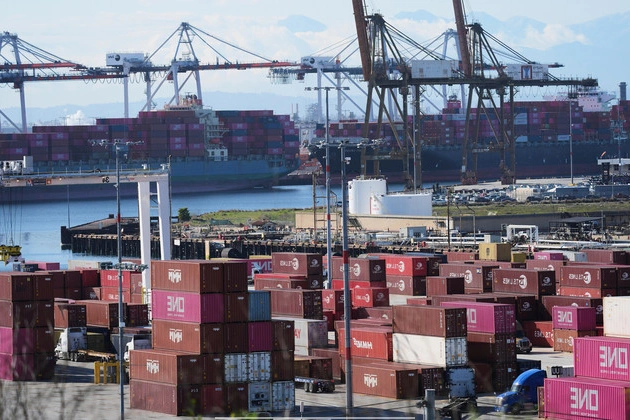
The Challenge Facing Small Businesses
President Donald Trump’s tariffs have sent shockwaves through the business world, with small businesses bearing a significant portion of the impact. Despite the focus on major corporations, small businesses are poised to feel the brunt of the pain.
The Russell 2000, which monitors smaller businesses, has already entered bear market territory, indicating a substantial decline in stock value. This drop surpasses the losses experienced by larger companies in the S&P 500 and Dow Jones Industrial Average.
Political Ramifications
Interestingly, leaders of smaller firms, who are predominantly Republican, could pose a political challenge for Trump. Convincing policymakers to ease the tariff pressure has proven difficult, even for larger corporations.
Employment and Economic Trends
Recent data paints a grim picture for small businesses. Employment at smaller firms has declined, while confidence indices and revenue reports are showing negative trends. This uncertainty is reflected in hiring plans and economic optimism among small business owners.
Trump’s Trade Plans and Business Response
Despite Trump’s assurances of economic gains, businesses, especially small ones, are wary of the potential consequences. The uncertainty surrounding tariffs has led to concerns about rising costs and reduced demand.
Economic Outlook and Challenges Ahead
Economists warn of potential stagflation if tariffs lead to inflation and slower growth. This could pose a significant challenge for the administration and the economy as a whole. Small businesses, being sensitive to macroeconomic conditions, are likely to face the initial impact of any economic downturn.
Conclusion
As the situation unfolds, small businesses find themselves at the forefront of the economic turbulence caused by Trump’s tariffs. Navigating the challenges ahead will require resilience and adaptability from these vital economic contributors.











